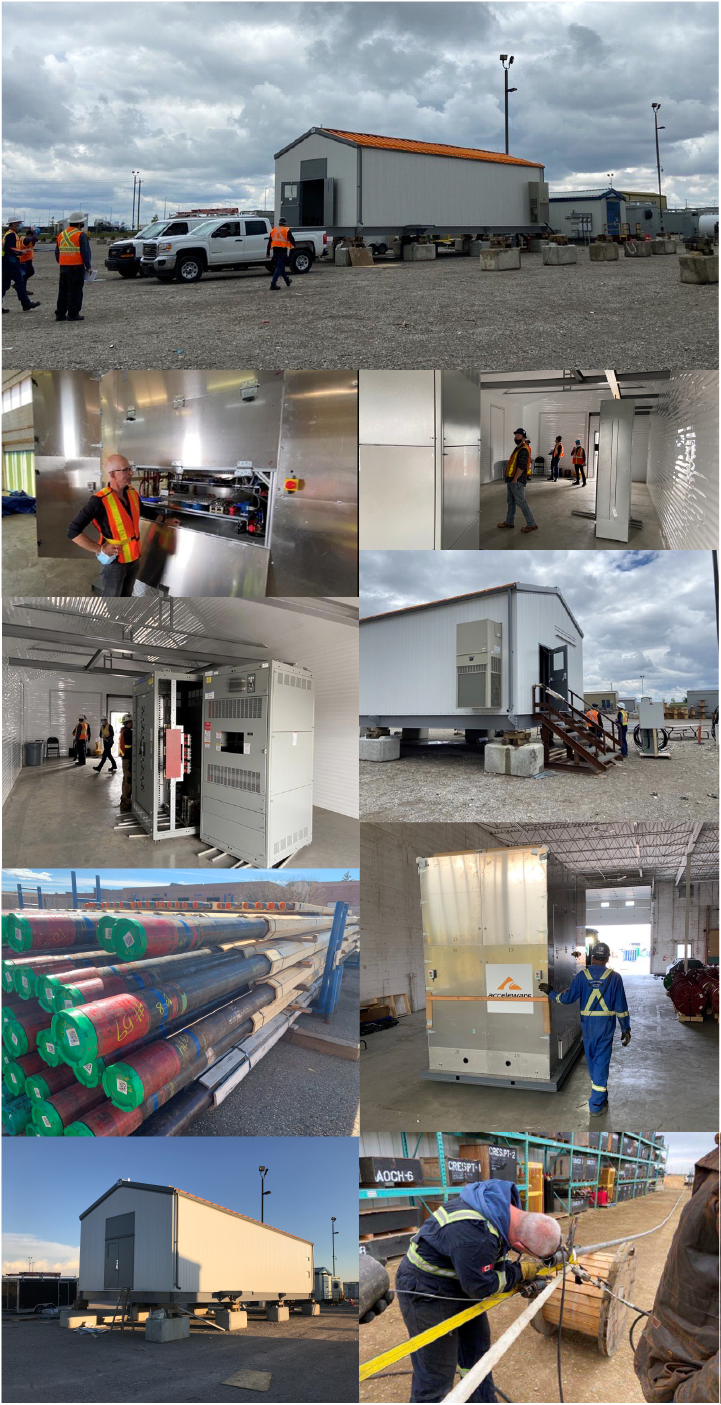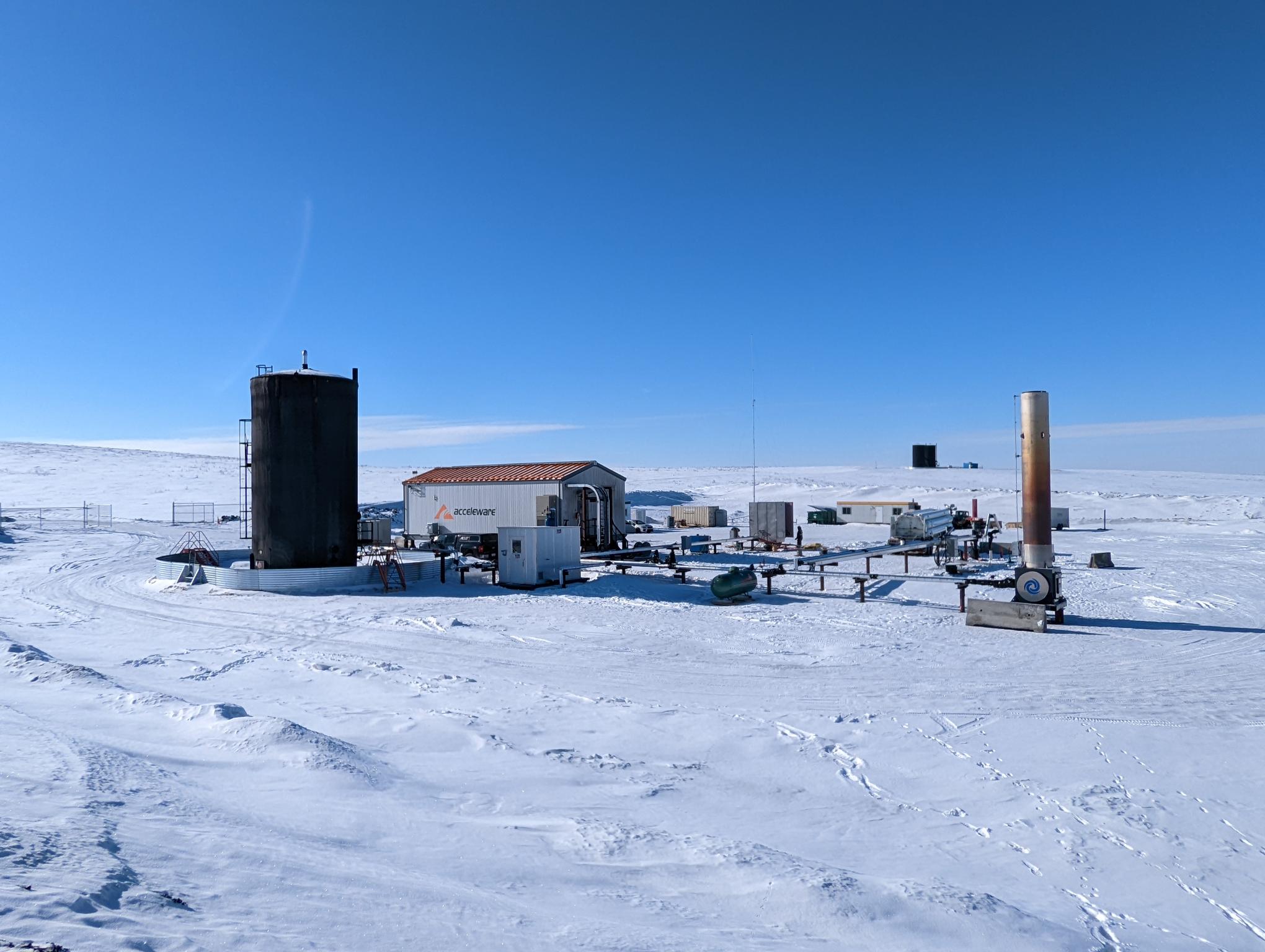Universities of Regina, British Columbia Among 19 Recipients of CRIN's $16.1 Million CAD Commitment to Clean Up Canada's Oil and Gas Industry
BetaKit - Canadian Mining Journal - November 6, 2023 - By Alex Riehl
CRIN received $100 million from the SIF in 2020 to lower the environment impacts of fossil fuels.
The Clean Resource Innovation Network (CRIN) has announced a $16.1 million CAD commitment to 19 projects aiming to improve the "environmental performance" of Canada's oil and gas industry. Each selected project is receiving between $45,000 to $3 million.
CRIN says it connects the oil and gas industry to technology developers, researchers, and government to identify industry challenges to accelerate the commercialization and adoption of clean technology.
The organization initially received $100 million from Canada’s Strategic Innovation Fund (SIF) in 2020 to support the development and adoption of innovative "technologies and processes that seek to lower the oil and gas industry’s environmental impacts." In its 2023 budget, the federal government pledged $500 million for cleantech investing through the SIF.
The projects recently selected for funding fulfill what CRIN calls the seven themes of its "overarching objectives," including cleaner fuels, digital oil and gas, carbon capture, hydrocarbon extraction, land remediation, water development, and methane monitoring.
"These projects align well with CRIN's vision where Canada is the global leader in clean hydrocarbons from source to end use and exemplify how oil and gas energy development and environmental stewardship can go hand-in-hand. We look forward to seeing these initiatives progress in the coming months," CRIN's director of operations, Glen McCrimmon, said in a statement.
The largest allotment of funding, $3 million, went to Calgary-based Acceleware to work on electromagnetic heating technology. Its project uses radio waves to "heat and mobilize heavy oil and bitumen." When oil sands companies drill oil wells, bitumen is typically heated using steam, which is produced using natural gas. If successful, companies could reduce their emissions and water use with the technology, Acceleware's CEO, Geoff Clark, said in a 2022 CBC interview.
Ionada, also Calgary-based, received a $2-million commitment for its membrane technology, which it says acts as a carbon capture for marine and power generation. Ionada says its membrane CO2 contactors can remove up to 99 percent of the carbon dioxides from flue gas, the gas that emanates from combustion plants.
Three universities also got funding allocated from CRIN. Nova Scotia’s St. Francis Xavier University's allotted $225,000 is going toward using drones for methane detection. The University of Regina received $596,000 to develop an integrated mobile system for methane utilization and produced-water treatment, and the University of British Columbia’s $1.25 million will go towards deploying a low-emission hydrogen plant.
In a statement, Canada’s Minister of Innovation, Science and Industry, Francois-Philippe Champagne, congratulated the funding recipients and said the projects will play a key role in helping Canada reach its climate goals.
"The funding announced today will offer critical support to Canadian innovators and contribute to the commercialization of ground-breaking technologies that will help our oil and gas industry's environmental performance," Champagne said.
The full list of funding recipients can be found here.
Feature image courtesy Zbynek Burival on Unsplash.












